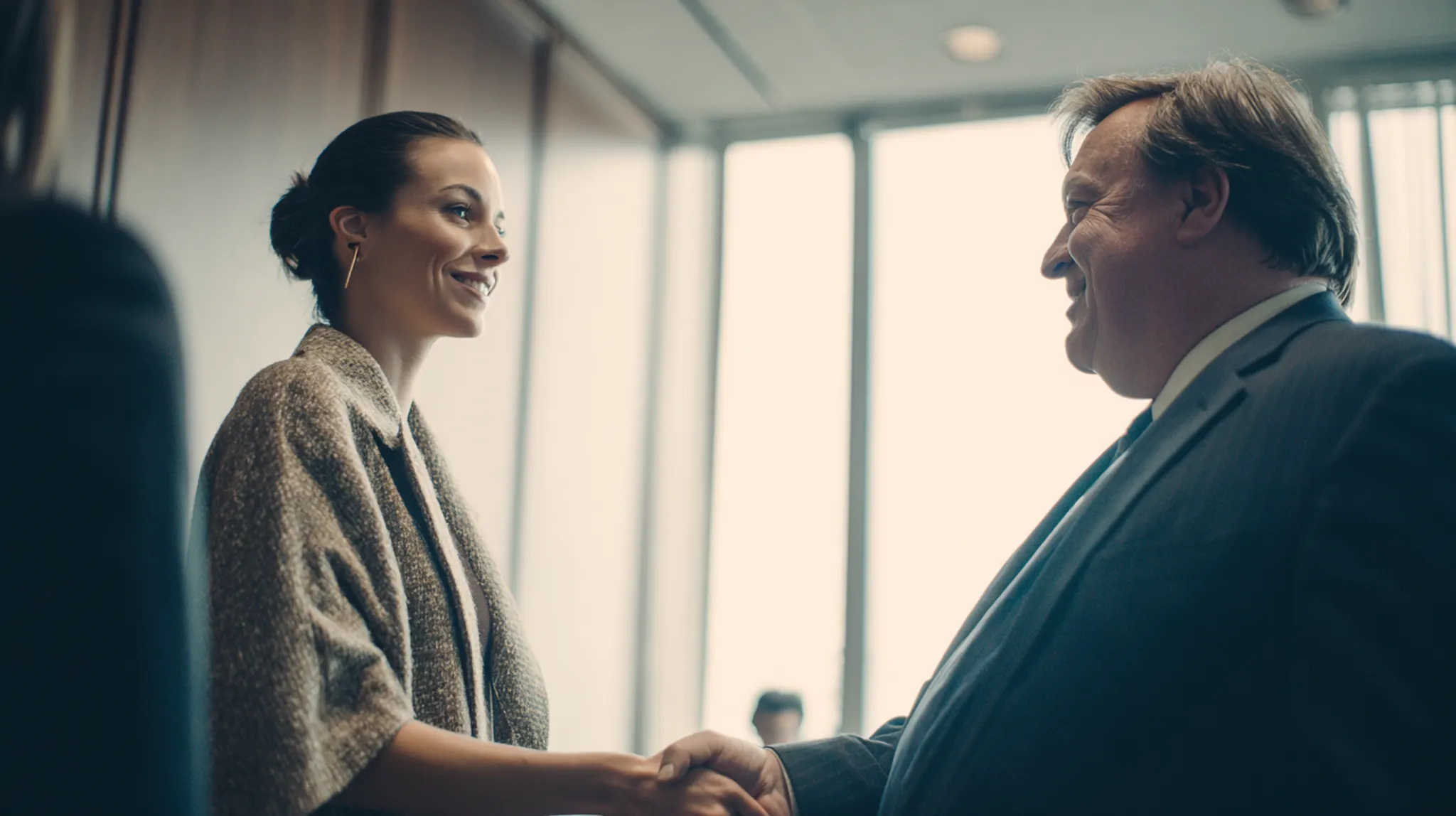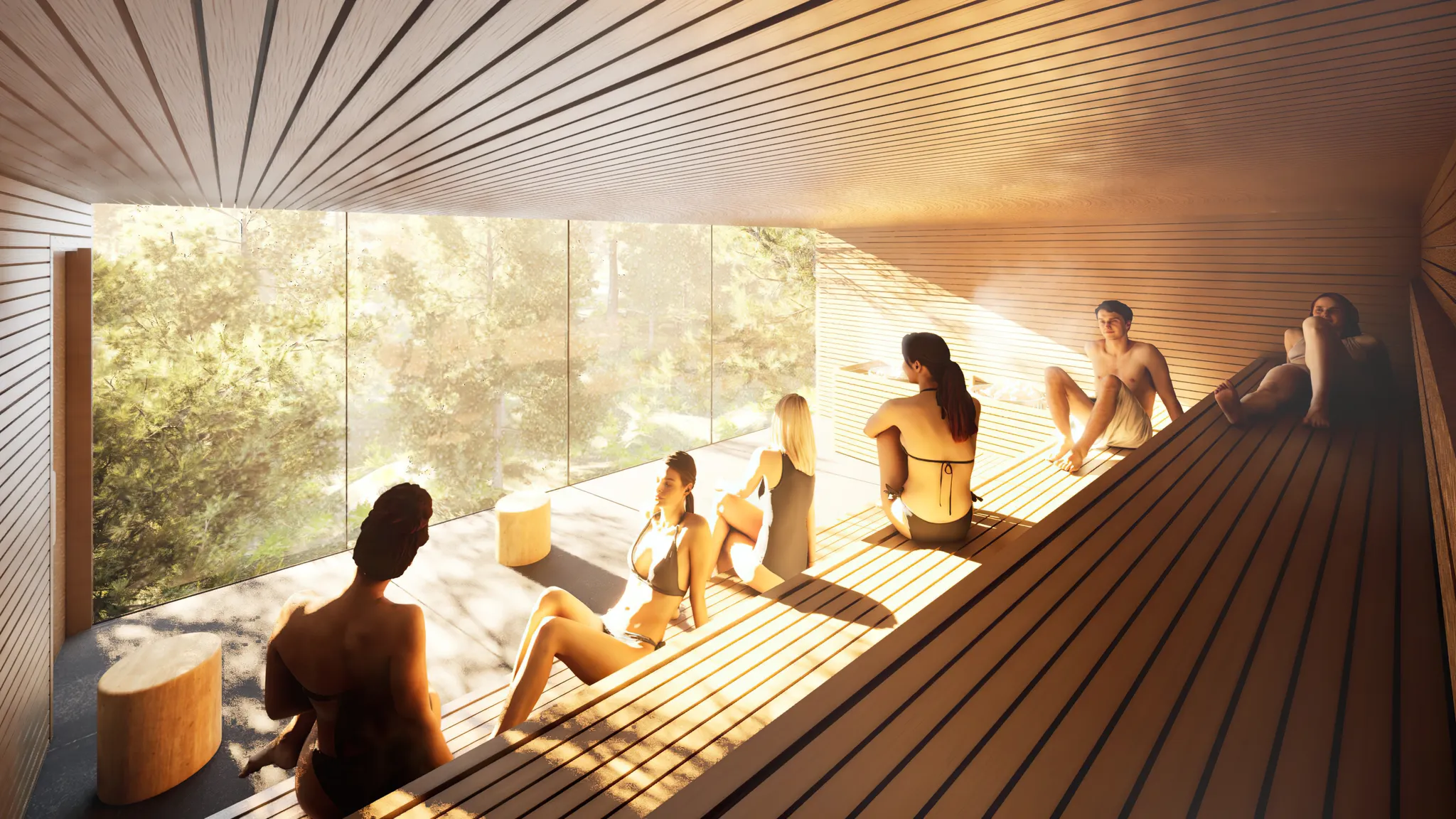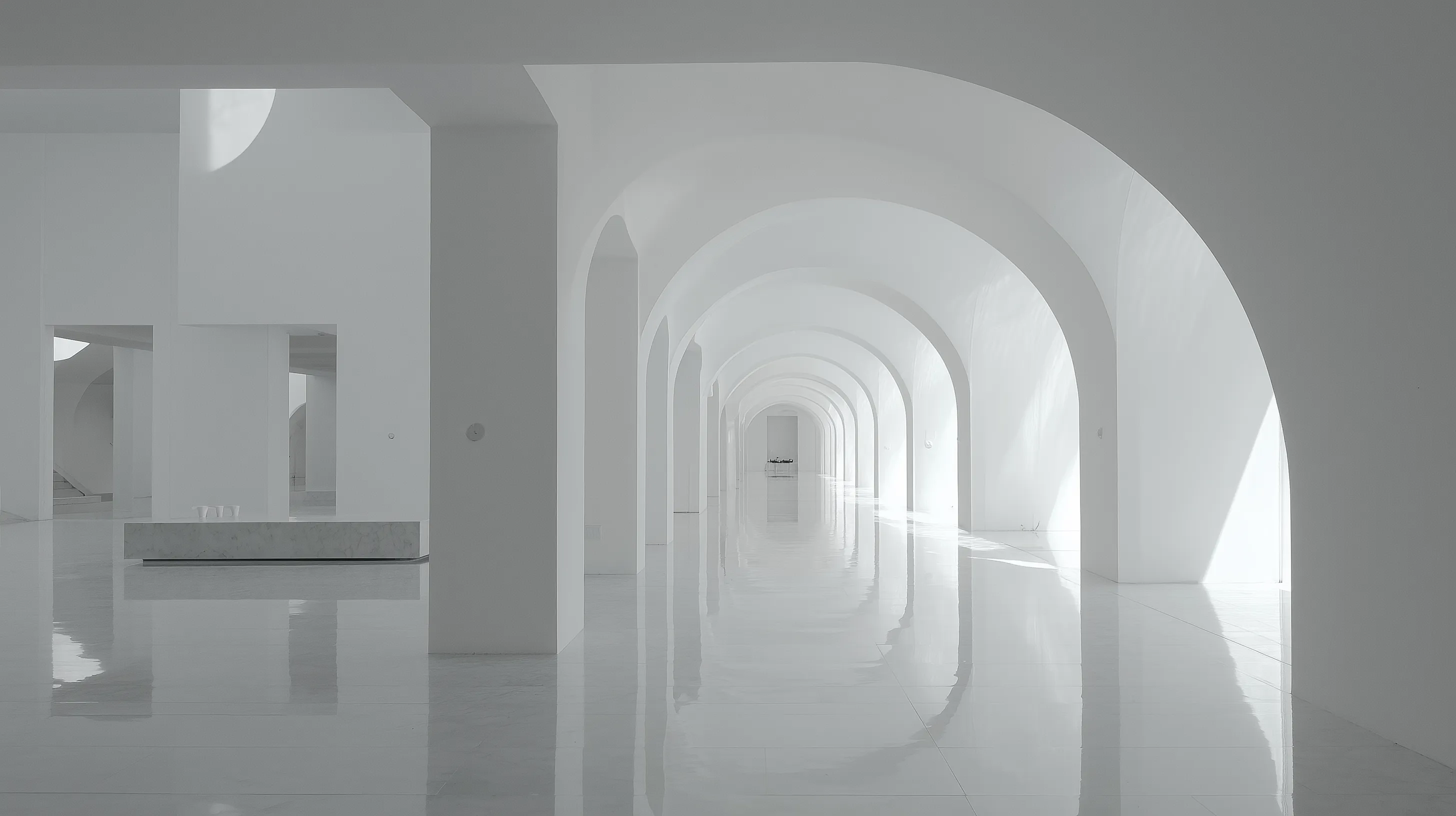Decrypting the mind of the client
Even successful architectural practices hit client roadblocks. When communication breaks down and expectations misalign, projects stall. Ramona Albert Architecture faced this exact challenge with a key client.
Here's how Foveate's client research and profiling transformed a difficult relationship into a successful partnership.
The Challenge: An Inconsistent Client
Ramona Albert Architecture built their reputation on client-centered design. But one client presented unique challenges:
- Inconsistent Feedback: Responses varied dramatically between meetings
- Conflicting Priorities: Mixed messages about project goals
- Design Rework: Misinterpretations led to multiple redesigns
- Unclear Vision: Design direction constantly shifting
The project was at risk.
The Solution: Deep-Dive Client Profiling
We went beyond surface-level preferences to uncover the psychology driving client decisions. Using our design personality profiling process, we were able to uncover the client's true values, motivations, and decision-making style. This allowed us to tailor our communication and design process to their needs, and ultimately led to a successful partnership.
Our Research Approach:
Clients often come to us with a vague idea of what they want, and a desire to work with a firm that will bring their vision to life. However, this often leads to misaligned expectations and frustration on both sides. Our expertise from the worlds of Luxury Hospitality and Fine Art allowed us to ask the right questions and make subtle observations to uncover the client's key drivers and tastes that they themselves were failing to identify.
Results: Transformed Relationship
 Timelapse of the project throughout different seasons showcasing details important to the client
Timelapse of the project throughout different seasons showcasing details important to the client
The research delivered game-changing insights:
Key Discoveries:
- Core Values: A desire for authenticity and a landmark project in the local community
- Decision Patterns: Rework stemmed from misinterpretation of 'natural' aesthetics
- Communication Style: Visual presentations with bold and colorful renders worked best
- Success Metrics: The client wanted to see themselves and their local community reflected in the design
Relationship Improvements:
- Enhanced Communication: Conversations were no longer about fixing problems but pushing further
- Aligned Expectations: Shared understanding of aesthetic goals and language
- Design Direction: Client stopped asking for rework as they felt their vision was being brought to life
- Stronger Collaboration: Relationship transformed from transactional to collaborative
The Psychology Behind Success

Aligning Design with Client Psychology
Armed with insights, Ramona Albert Architecture realigned their approach:
Process Adjustments:
- Values-Based Design: Integrated personal self-expression and community values into every decision
- Design Language: Addressed taste differences between the client and the architect
- Communication Adaptation: Tailored presentations to match decision-making style
- Success Metrics: Redefined goals to align with client's true definition of success
Industry Impact: The Human Side of Architecture
This work demonstrates that successful architecture requires understanding human psychology, not just design excellence.
Key Insights:
- Beyond Aesthetics: Decisions driven by deeper values than surface preferences
- Communication Matters: How information is presented is as important as the content
- Stakeholder Complexity: Clients balance multiple influences
- Relationship Investment: Understanding clients pays dividends

Lessons for Architectural Practices
Best Practices:
- Invest in Understanding: Deep client research transforms difficult relationships
- Look Beyond Surface: Behavior reflects deeper considerations
- Adapt Communication: Match client decision-making styles
- Align Values: Ensure project goals reflect true priorities
Warning Signs:
- Inconsistent Feedback: May indicate unaddressed stakeholder complexity
- Decision Delays: Often reflects unclear priorities
- Communication Breakdown: Usually signals misaligned expectations
- Scope Creep: Can indicate undefined project goals
Looking Forward: Client-Centered Design
The future of architectural practice lies in combining design excellence with deep human understanding, especially that of their clients.

Future Considerations:
- Research Integration: Make client research standard in project initiation
- Psychology Understanding: Understand the client's true values, motivations, and decision-making style
- Communication Training: Improve ability to adapt to a client's preferred communication styles
- Values Alignment: Ensure projects reflect client values at the deepest level and speaking in their language
Conclusion: Psychology Meets Design
Ramona Albert Architecture's experience shows that technical skills are only part of success. Understanding client psychology—values, concerns, and decision patterns—is equally crucial.
The transformation from challenging relationship to successful collaboration demonstrates the power of investing in deep client understanding. By identifying true values and aligning the design process, both the relationship and project outcomes improved dramatically.
For other practices, this provides a roadmap for addressing difficult client relationships through research and understanding rather than just harder work or better design.
Ready to improve your client relationships? Learn how Foveate's client research and profiling services can help you understand and serve your clients more effectively.
About the Author

Kitae Kim
Experiential architect and co-founder of Foveate, passionate about spatial storytelling and empowering creative professionals through technology.
